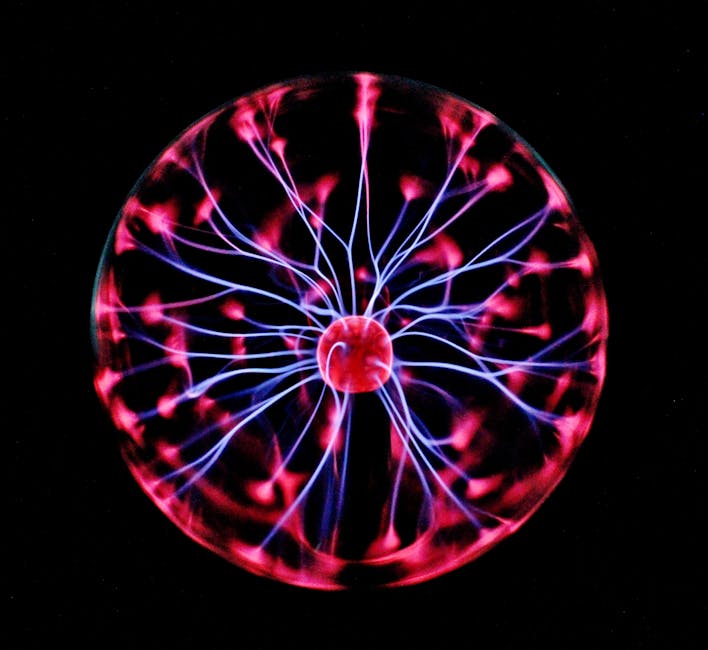In a world that often feels fractured and divided, the simple act of kindness can seem like a fleeting dream. Yet, it holds an extraordinary power that can bridge gaps, heal wounds, and inspire change. Each day, we encounter countless opportunities to show kindness, whether through a warm smile, a helping hand, or a few words of encouragement. These small gestures can create ripples of positivity that extend far beyond the moment they occur, affecting not just the recipient, but also the giver and the surrounding community.
Research has shown that kindness is not only beneficial for those on the receiving end, but it also has profound effects on our mental and emotional well-being. Engaging in acts of kindness releases neurotransmitters like oxytocin, often referred to as the “love hormone,” which fosters feelings of connection and happiness. This emotional boost can lead to a cycle of positivity, where one act of kindness inspires another, creating a chain reaction of goodwill. As we navigate our busy lives, it’s crucial to recognize that kindness is not just a fleeting act; it has the potential to transform our world.
One of the most compelling aspects of kindness is its ability to foster community. In times of crisis, such as natural disasters or personal hardships, acts of kindness can unite people in ways that nothing else can. Communities often come together, pooling resources and offering support to those in need. This solidarity not only aids recovery but also strengthens the bonds among community members. For example, during the COVID-19 pandemic, countless individuals and organizations stepped up to provide food, medical supplies, and emotional support to those affected. These collective acts of kindness not only alleviated suffering but also instilled a sense of hope and resilience.
Moreover, kindness has a remarkable effect on our children and future generations. Teaching children the importance of kindness instills values of empathy, compassion, and social responsibility. Programs in schools that promote kindness have been shown to reduce bullying, enhance peer relationships, and improve overall school climate. When children learn to treat others with respect and understanding, they are more likely to carry these values into adulthood, creating a more compassionate society. The impact of instilling kindness in the younger generation cannot be overstated; it lays the foundation for a brighter, more harmonious future.
However, it’s important to acknowledge that kindness can also be a challenge. In a world often dominated by negativity and self-interest, choosing to act kindly can sometimes feel like an uphill battle. It requires vulnerability and courage to extend kindness, especially in situations where it may not be reciprocated. Yet, this is precisely where the true power of kindness lies. Even in the face of adversity, choosing to be kind can shift perspectives, break down barriers, and inspire others to follow suit. The courage to be kind can lead to extraordinary transformations, both for individuals and communities.
As we reflect on the immense power of kindness, we must remember that every small act has the potential to create significant change. Whether it’s offering a compliment, volunteering our time, or simply listening to someone in need, each gesture can contribute to a more compassionate world. The journey of kindness begins with each of us, and the cumulative impact of our actions can lead to a brighter future.
In conclusion, kindness is a powerful force that transcends barriers and fosters connections. It not only enriches our lives but also has the potential to transform communities and shape the world around us. As we embrace kindness in our daily lives, let us remember that each act, no matter how small, contributes to a larger tapestry of hope and compassion. Together, we can harness this hidden power and create a world where kindness reigns supreme, inspiring generations to come.



